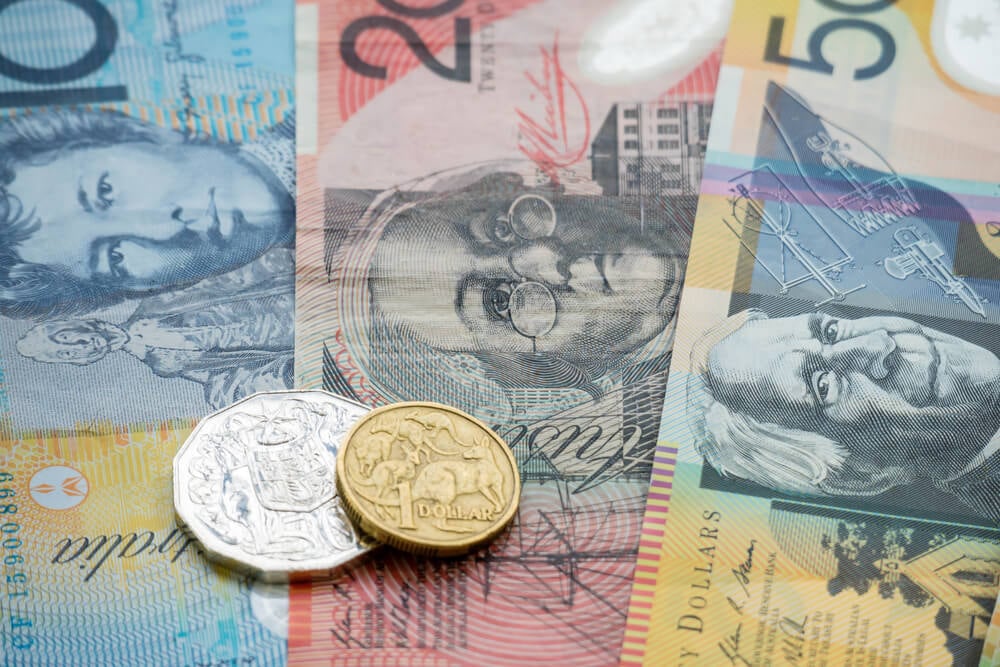Aussie FinTechs Push Central Bank for ‘Digital Australian Dollar’ Cryptocurrency

A handful of FinTech startups have reportedly submitted use-cases to the Australia’s central bank and Federal Treasury for a state-backed Australian dollar cryptocurrency – the Digital Australian Dollar.
According to a report by the Australian Financial Review , three FinTech startups – FlashFX, AgriDigital and Othera have, through industry advocacy group FinTech Australia and the government’s own FinTech Advisory Group, are pressing the Reserve Bank of Australia (RBA) to consider the ‘Digital Australian Dollar’, dubbed the DAD. The DAD will be directly tied to the fiat Australian dollar and “would be a huge step to grow our vibrant blockchain and digital currencies industry,” said FinTech Australia chief executive Danielle Szetho.
She added:
Having key stakeholders like the RBA involved in further explorations of an Australian digital currency will help build trust and usage of cryptocurrencies, but at the same time will ensure we do not undermine Australia’s currency stability and monetary policy.
Szhetho, a cryptocurrency advocate, has previously been critical of the Australian government for delaying its promise to put an end to the double taxation of transactions involving digital currencies like bitcoin. Australian authorities (finally) put an end to the double tax in this year’s federal budget.
The Three Startups Calling for a State Cryptocurrency
Sydney-based FinTech FlashFX is among the first startups in the country to gain a financial services license to facilitate its core business of international remittance over a blockchain. Although the startups its own digital token to represent the Australian dollar for transactions, it argues an official state cryptocurrency would trump all private digitized versions of the Australian dollar for the built-in trust a government-sponsored cryptocurrency would bring.
FlashFX chief enabling officer Nicolas Steiger stated:
A government-endorsed digital Australian dollar has the potential to lead to increased trust and certainty, particularly to grow the digital currency marketplace… t would also stop multiple private parties creating a confusing array of ‘Australian dollars’ with no official backing.
Joining the call for a state cryptocurrency is blockchain startup AgriDigital, the operator of a supply chain that facilitates transactions between farmers and buyers.
Despite deploying the blockchain for recording, storing and automatically facilitating transactions, payments continue in physical cash outside the blockchain – due to volatility and a lack of trust in cryptocurrencies according to its co-founder Emma Weston.
She stated:
A centrally issued Digital Australian Dollar, backed by fiat [physical] currency, would enable payments to be made between participants in real time and 24/7 along the supply chain.
The third startup presenting a case for a state cryptocurrency, Othera, is a startup that manages digital loan contracts on a blockchain. The startup’s chief executive revealed the company is “forced” to work with existing legacy payment systems of the banking industry to process repayments from borrowers before forwarding payments to token holders of the contract.
Othera CEO John Pellew added:
This is a slow and expensive process and does not utilize the built-in capability of teh blockchain smart contracts to auto process these repayments…A DAD would unlock the full potential of our blockchain and smart contract technology.
In early 2016, the head of the RBA’s payments policy department revealed the central bank envisioned a future where digital dollars will circulate and co-exist alongside banknotes and coins as varying forms of Australia’s national currency. Earlier this year, a public report published by the RBA revealed multiple endeavors by a recently established ‘internal working group’ at the central bank to study, consider and explore the applications of blockchain technology.
Featured image from Shutterstock.